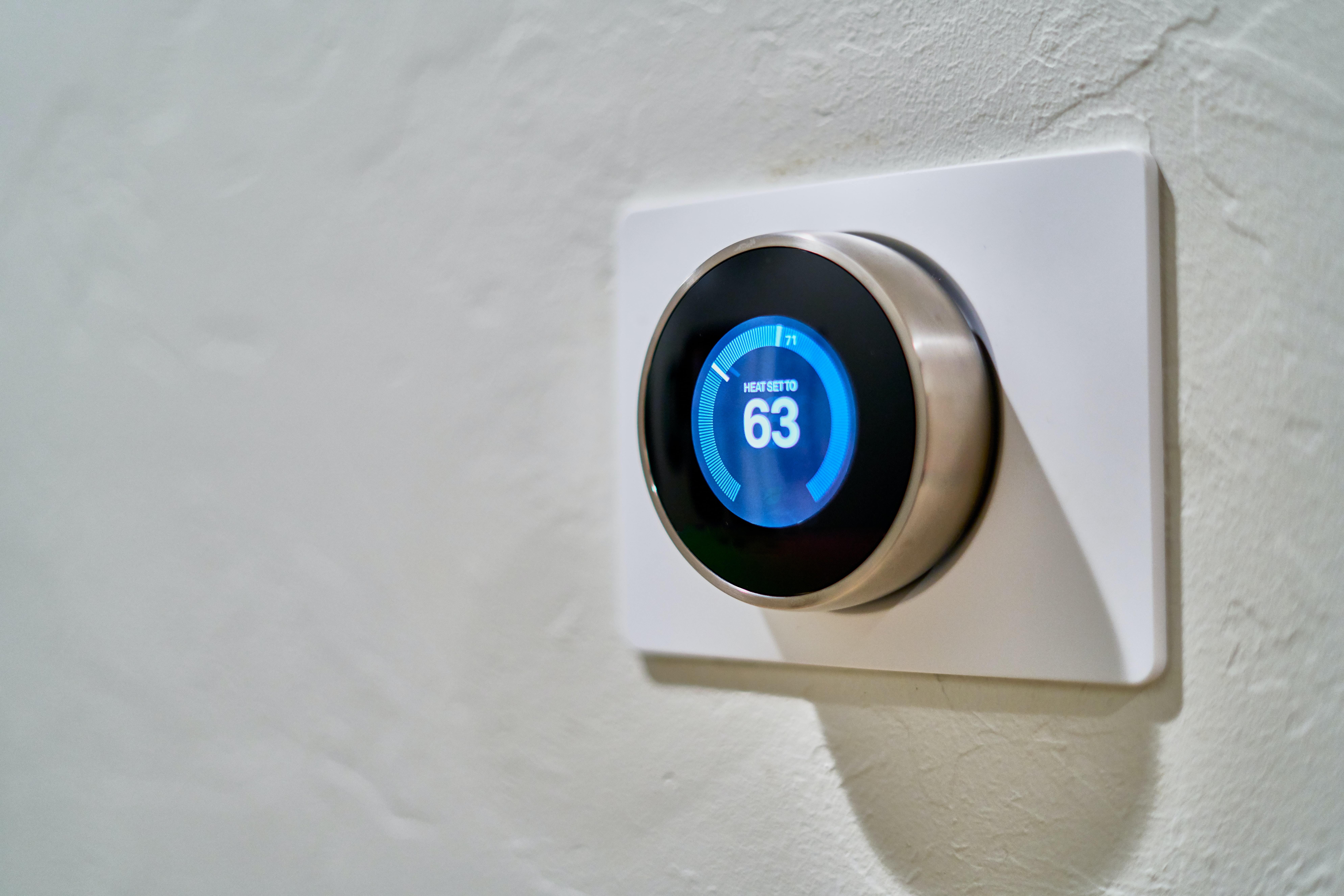
Undeniably, they make your life easier, all those smart devices and innovative software. But do not be blinded by their ease of use, because unfortunately they are also rather vulnerable targets for cybercriminals. Here is a hint of the risks.
Devices that are connected to the Internet and thus receive and send data together form the Internet of Things (IoT).
The smart TV, the lighting that automatically adjusts to the amount of sunlight, the smart fridge and the thermostat that thinks for you... Today, many more devices than just our computers and smartphones are connected to the web.
Nothing to hide? A lot to protect!
No one cares what programmes you watch on your smart TV or what yoghurt is in your smart fridge, of course. But it is through these smart devices that cybercriminals penetrate your network to hack the smart lock on your front door or your surveillance camera.
Smartphones, wearables (smartwatches) and voice control systems such as Amazon Alexa and Google Assistant are among the most hacked devices ... In companies, even seemingly "simple" devices such as network printers are dangerously susceptible to cybercriminals.
Secure your smart devices against cybercrime
Only buy a smart device from a reliable manufacturer or shop. Read the manufacturer's privacy statement to see what they intend to do with your data. And be careful with devices that automatically connect with all possible other devices.
New device? Never keep the password set by the manufacturer. Rather, choose your own password and set multi-factor authentication.
Always install the latest version of software and apps, which is the safest.
Also secure your router with a strong password and the right settings (as strict as possible), as this is the gateway from the Internet to the devices in your home or business.
Suspected hacking? Here is what you can do
Digitally, everything is connected to everything. From your hacked thermostat, a hacker can plunder your bank account, so to speak. So leave nothing to chance if you suspect that one of your Internet of Things devices has been hacked.
Run a good virus scanner on all your devices connected to the Internet. Change your passwords and then disconnect from the Internet.
Inform everyone with whom you have had contact online lately. In this way, you can prevent your family, friends and work relations from also becoming victims of cyber crime.
Have the hacked device reset by a specialist: the shop or the manufacturer.
Report to the hotline of the government.
Come and see us. We will check with you which of your insurance policies covers the damage and how we can help you further.
